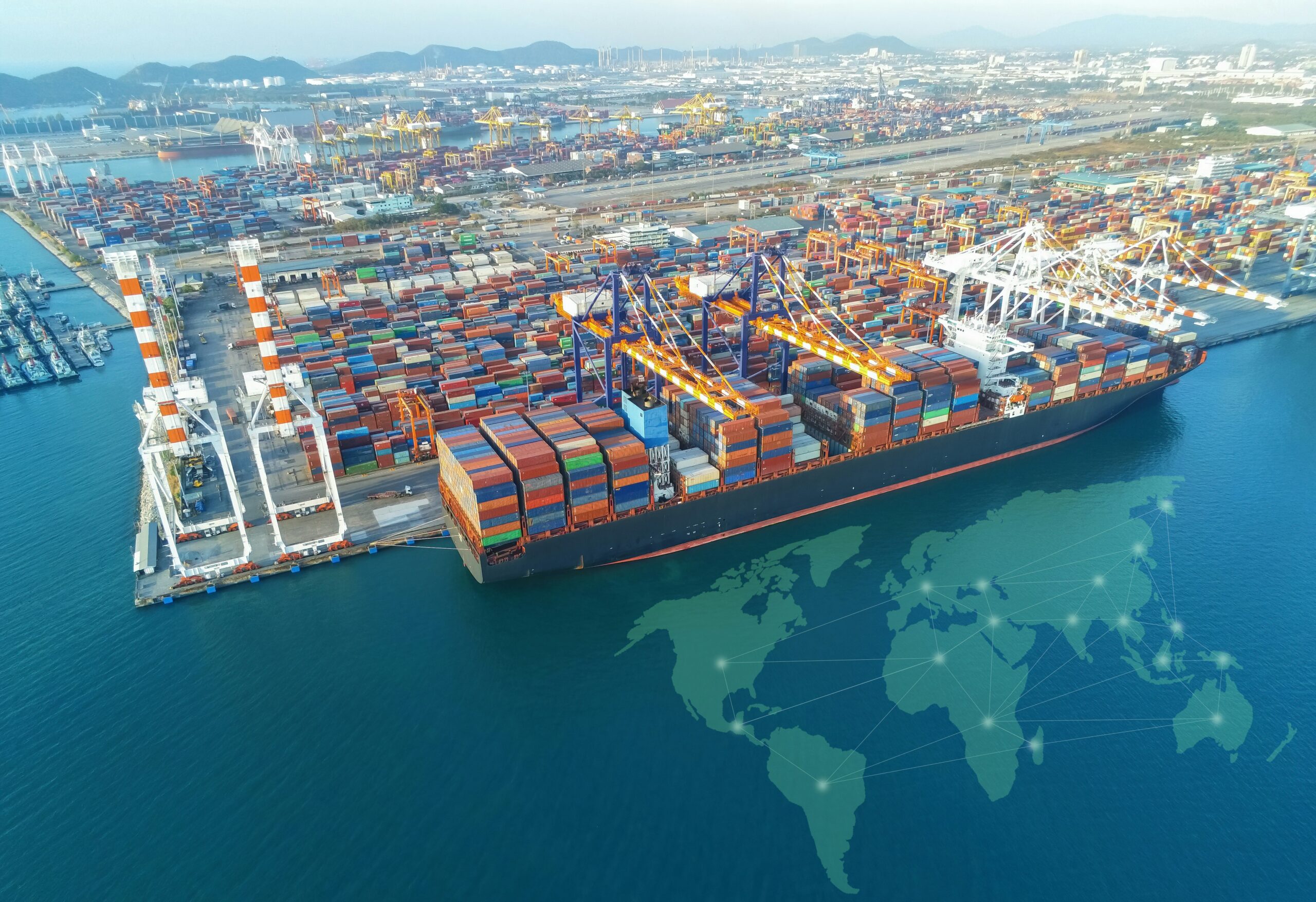
In today’s interconnected world, managing global supply chain has become a critical responsibility for business leaders. It’s no longer just about moving goods from point A to point B. Instead, leaders must navigate a complex web of suppliers, geopolitical challenges, technology shifts, and customer expectations. Understanding how to lead through this complexity is crucial for maintaining smooth operations and ensuring long-term success in the global marketplace.
The Expanding Role of Supply Chain Leadership
Global supply chains have undergone significant transformations over the past few decades. What once involved straightforward transactions now includes multifaceted operations stretching across continents. Leaders in this space are no longer limited to overseeing procurement and logistics; they are also responsible for managing other key areas. Today, they must also understand international trade laws, environmental concerns, labor issues, and the principles of data-driven decision-making.
This expanding role means that leadership requires more than operational knowledge. It requires strategic thinking, adaptability, and the ability to anticipate risks before they escalate into crises. With supply chains often serving as the backbone of companies, leaders must ensure they are both resilient and agile, ready to adapt to sudden changes in global conditions.
Dealing with Disruptions
One of the biggest challenges in managing a global supply chain is dealing with unexpected disruptions. Natural disasters, political instability, trade restrictions, and pandemics are just a few of the many threats that can halt operations overnight. The COVID-19 pandemic, for instance, exposed vulnerabilities in many supply chains and underscored the importance of preparation and flexibility.
A good leader doesn’t just react to disruptions—they plan for them. This involves developing contingency plans, building relationships with alternative suppliers, and investing in technologies that provide better visibility across the supply chain. Risk management becomes a critical component of the job, enabling organizations to navigate challenging times effectively.
Building Strong Relationships Across Borders
A successful supply chain is built on trust and collaboration. Leaders must cultivate strong relationships with suppliers, partners, and stakeholders worldwide. This isn’t always easy, as it requires understanding cultural differences, time zones, and communication styles. However, leaders who take the time to build meaningful partnerships are more likely to see long-term success.
Open communication and transparency are key elements in these relationships. When problems arise, partners who trust each other are more willing to work together on solutions. A leader who values collaboration and mutual respect can create a more reliable and responsive supply chain network.
Leveraging Technology for Better Control
Technology plays a crucial role in modern supply chain management. From tracking shipments in real time to forecasting demand with artificial intelligence, tech tools provide leaders with valuable insights and greater control. However, simply adopting new technologies isn’t enough—it’s about knowing how to utilize them effectively to enhance decision-making and efficiency.
Leaders must stay informed about emerging trends, such as blockchain, automation, and the Internet of Things (IoT), all of which have the potential to revolutionize supply chain operations. Investing in the right technologies can enhance visibility, reduce costs, and make the entire system more resilient to disruption.
Sustainability and Ethical Responsibility
Today’s consumers and investors care deeply about how products are made and delivered. They want to know that companies are minimizing environmental harm and treating workers fairly throughout the supply chain. Leaders must address these concerns by integrating sustainability and ethics into their core strategy.
This involves collaborating with suppliers who share the same values and implementing measures to minimize carbon footprints, waste, and energy consumption. It also involves ensuring fair labor practices and supporting communities in which suppliers operate. A strong leader understands that ethical supply chain management not only builds a brand’s reputation but also contributes to a healthier planet and a more sustainable society.
Balancing Cost with Value
One of the traditional goals of supply chain management has always been cost reduction. However, focusing solely on cost can be shortsighted. The cheapest option may not always provide the best value in terms of reliability, quality, or sustainability. Leaders must strike a balance between financial performance and long-term value creation.
This requires careful analysis and a willingness to invest in relationships, innovation, and infrastructure that may incur higher upfront costs but ultimately lead to greater stability and growth in the long run. A short-term mindset can leave companies vulnerable, while a forward-thinking approach can build a supply chain that is both efficient and robust.
The Importance of Continuous Learning
Global supply chain management is not a static field. It evolves rapidly, driven by technological advancements, changing regulations, and market dynamics. For leaders to stay effective, they must commit to continuous learning. This includes keeping up with industry trends, attending conferences, and seeking feedback from peers and partners.
Strong leaders also encourage learning within their teams. They create environments where employees are empowered to innovate, challenge outdated processes, and suggest improvements. This culture of learning leads to more dynamic and responsive supply chains.
Leading with Vision and Resilience
Navigating global supply chains is no easy task. It requires a combination of strategic thinking, adaptability, relationship-building, and technological awareness. Leaders must remain calm in the face of uncertainty, always looking ahead to identify opportunities and mitigate risks.
As the world becomes increasingly interconnected and complex, the role of supply chain leadership will continue to grow in importance. Those who can lead with vision, resilience, and a commitment to ethical practices will not only maintain their operations but also position their organizations for long-term success in the global economy.